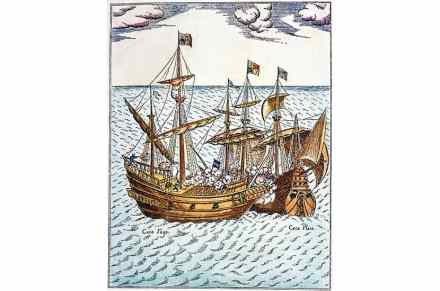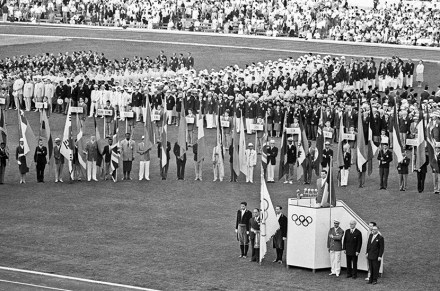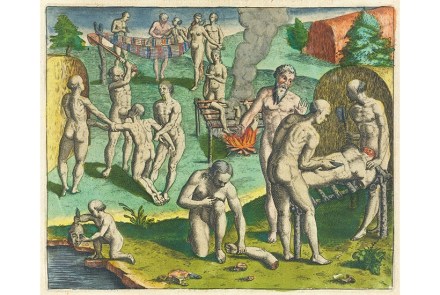From hearts of oak to hulls of steel: centuries of the British at sea
An ocean of clichés surrounds Britain’s maritime history, from Chaucer’s Shipman to the ‘little ships’ at Dunkirk. Tom Nancollas, whose 2019 Seashaken Houses treated lambently of lighthouses, now navigates debris-strewn territorial waters, sounding their depths. He examines 11 craft, from Bronze Age boats to ironclads, that epitomise Britain’s complex compact with the sea. Ships, so sturdily island nation-shaping, are themselves evanescent, exposed to danger and decay, and discarded once defunct. But their traces can be found almost anywhere. Even those that are now only names (the Conqueror’s flagship Mora, Cabot’s Matthew or Grenville’s Revenge) are ‘ensouled’ to this author – ‘lost characters of British history’, as worthy of salvage as




